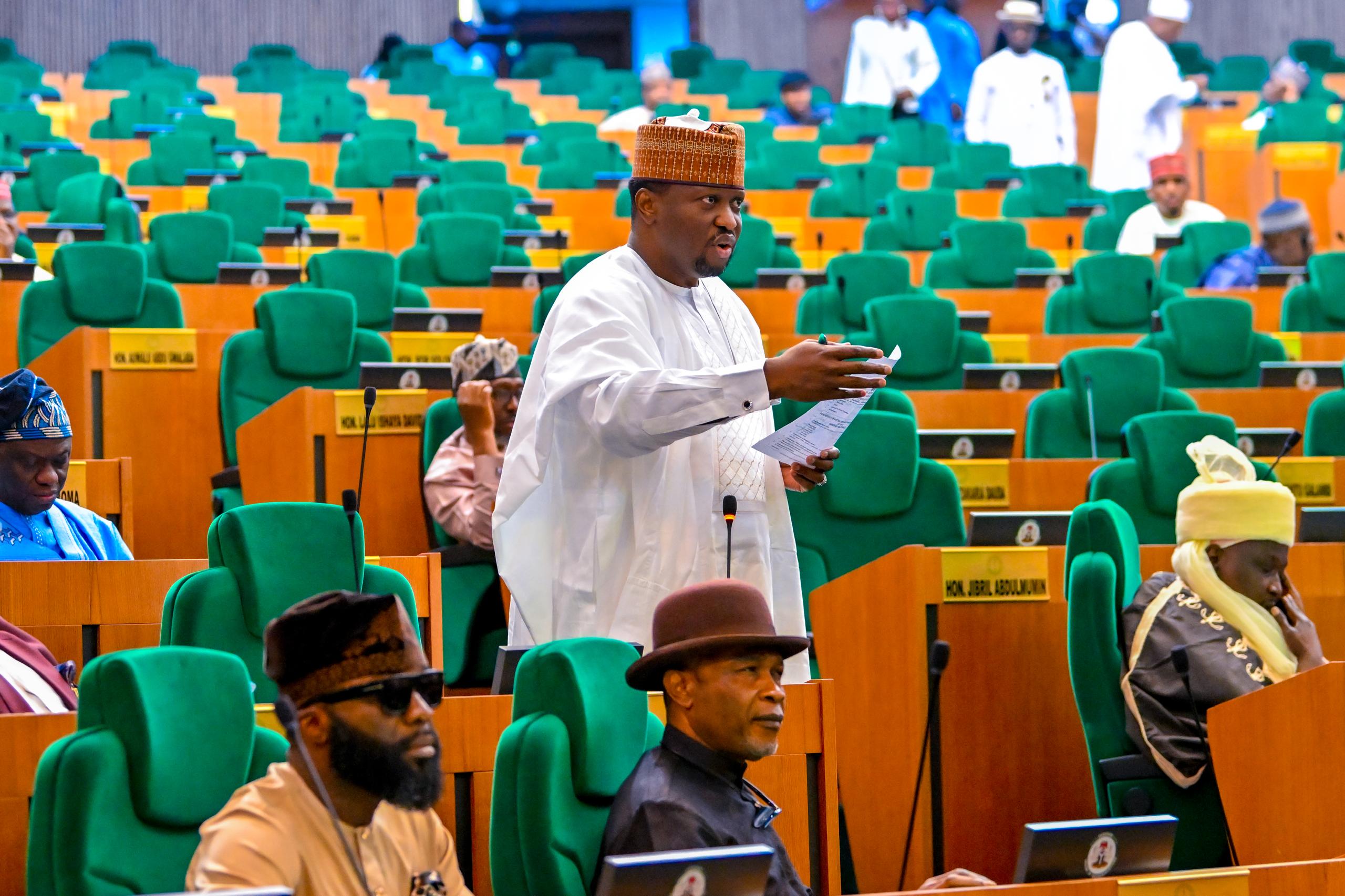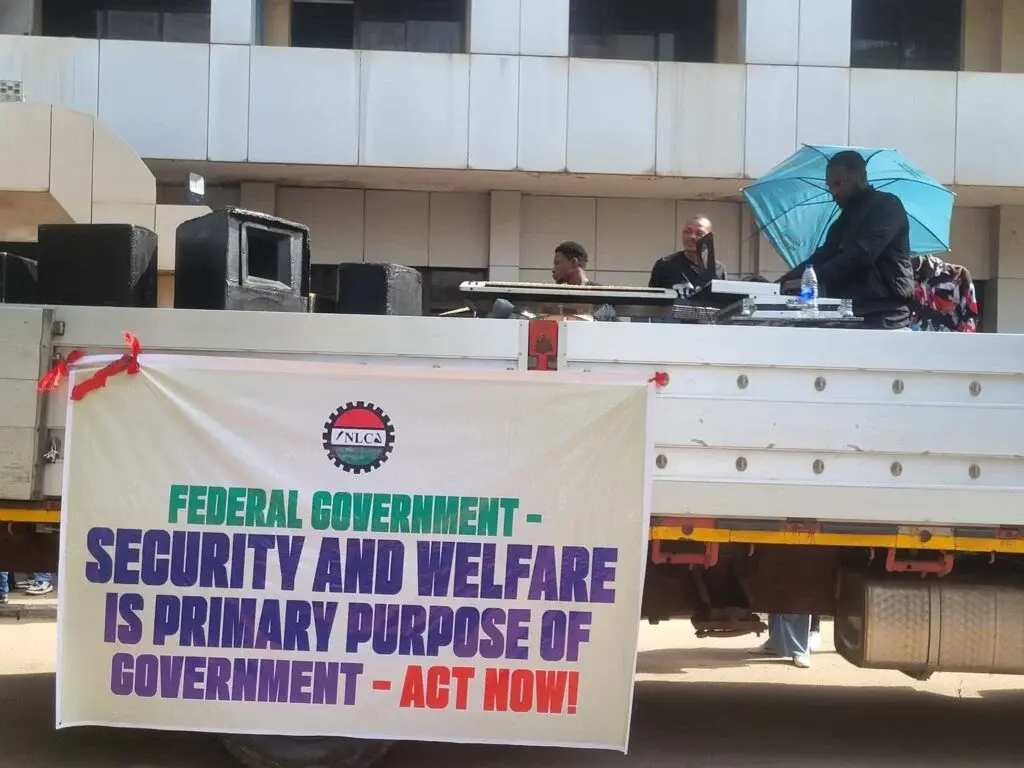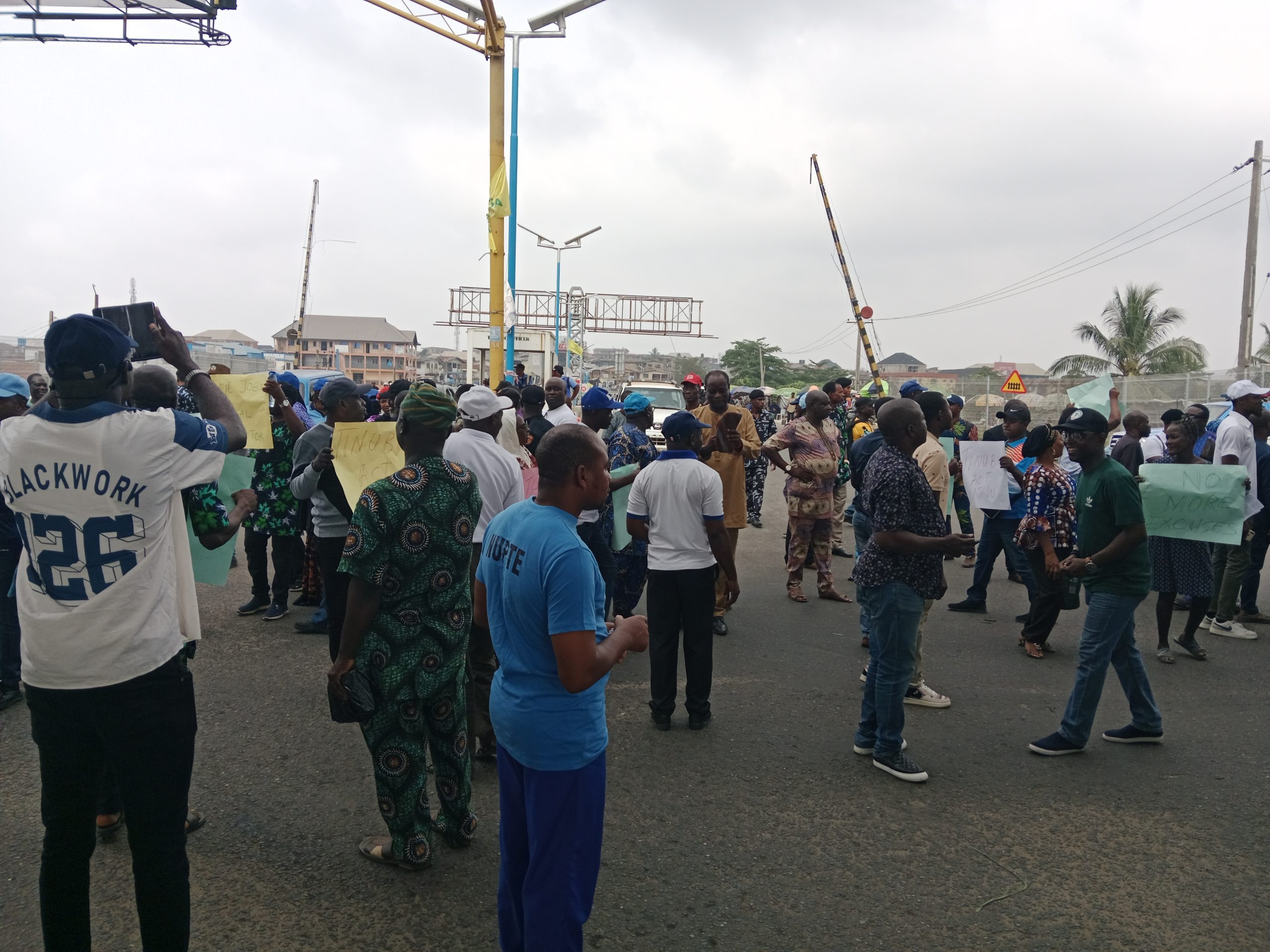
Security stakeholders have been urged to enforce initiatives that would improve transparency and accountability of the defence sector and better civil-military relations.
This was the charge at a one-day workshop hosted by CISLAC/TI-Nigeria in collaboration with Transparency International – Defence and Security Programme, with support from the Ministry of Foreign Affairs of the Netherlands. This was centred on improving external oversight and information disclosure in defence and security, focusing on public procurement, and financial and personnel management.
The workshop was aimed at improving defence and security perceptions of the benefits and practicalities of disclosing information to external oversight bodies while designing new strategies and advocacy approaches to coordinate more efforts in applying pressure.
Executive Director of CISLAC/TI-Nigeria, Auwal Ibrahim Musa, (Rafsanjani) cited some challenges hampering efforts at deepening demand for transparency, accountability and information accessibility in the defence and security sector.
He said: “The delayed establishment of a cordial working relationship between sub-national Civil Society and Defence and Security agencies, as well as poor technical capacity across external oversight institutions, including relevant committees in the National Assembly and lack of financial autonomy among related agencies, hamper civilian oversight of the defence and security sector.”
He noted that contradictory and outdated legal provisions and poorly adopted foreign ones militate against information disclosure in the defence and security sector, adding that there is a lack of compelling power across oversight agencies to sanction wrongdoings or hold the defence and security sector accountable to reported or observed corruption cases.
To promote transparency and accountability within the system, Musa emphasised the need to educate the public about the frameworks and responsibilities of relevant agencies and empower internal mechanisms to tackle critical issues.






